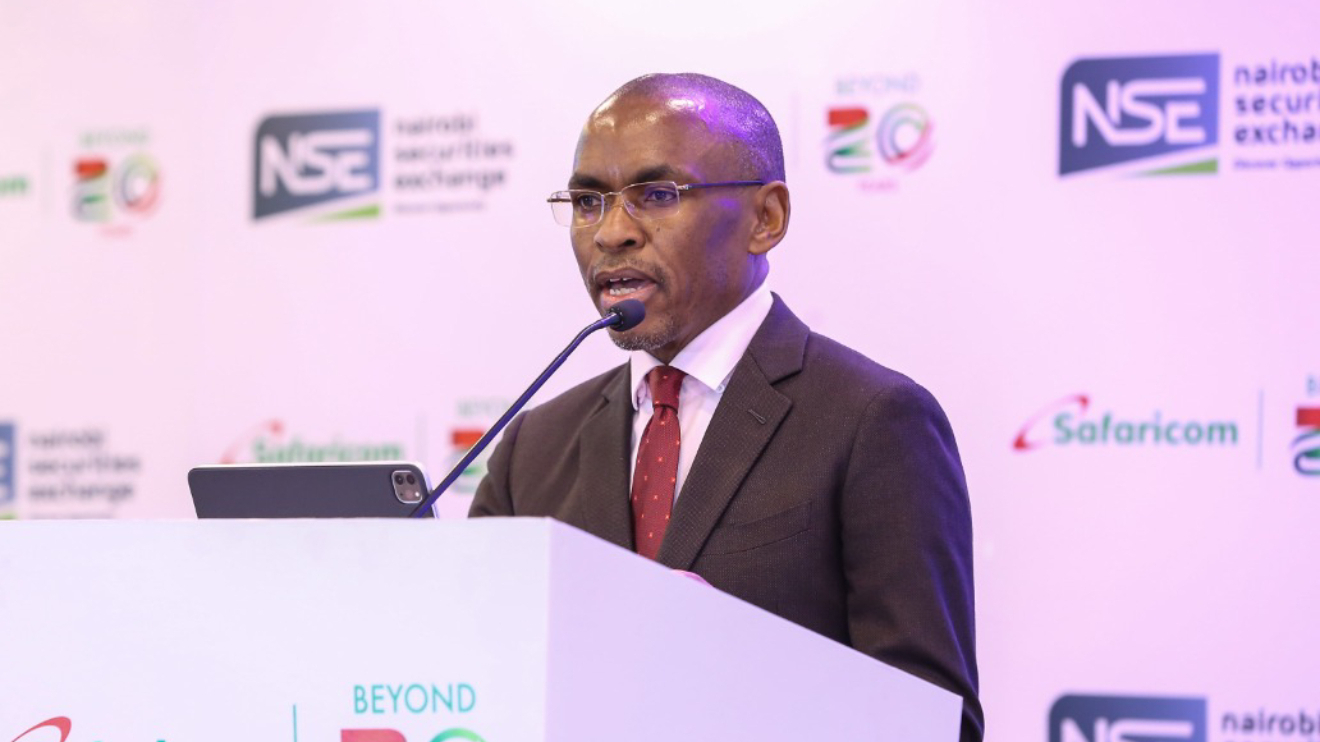The African Union InterAfrican Bureau for Animal Resources (AU-IBAR) has reported a distressing livestock crisis in Kenya and the Greater Horn of Africa region, with over 8 million animals lost due to feed and fodder shortages.
This dire situation has not only caused substantial economic losses for thousands of families but has also rendered vital livestock products like milk, meat, and eggs unaffordable for those in need, according to AU-IBAR.
The primary culprit behind the severe shortage is climate change, resulting in erratic weather patterns and prolonged droughts.
Furthermore, the region has been hit hard by the compounded impacts of the global COVID-19 pandemic and the ongoing Russia-Ukraine war, intensifying the challenges faced by communities already struggling with the livestock crisis.
In an effort to address this pressing issue, AU-IBAR is organizing a crucial five-day consultative workshop called the "Resilient African Feed and Fodder Systems," scheduled to take place in Naivasha, Kenya.
Read More
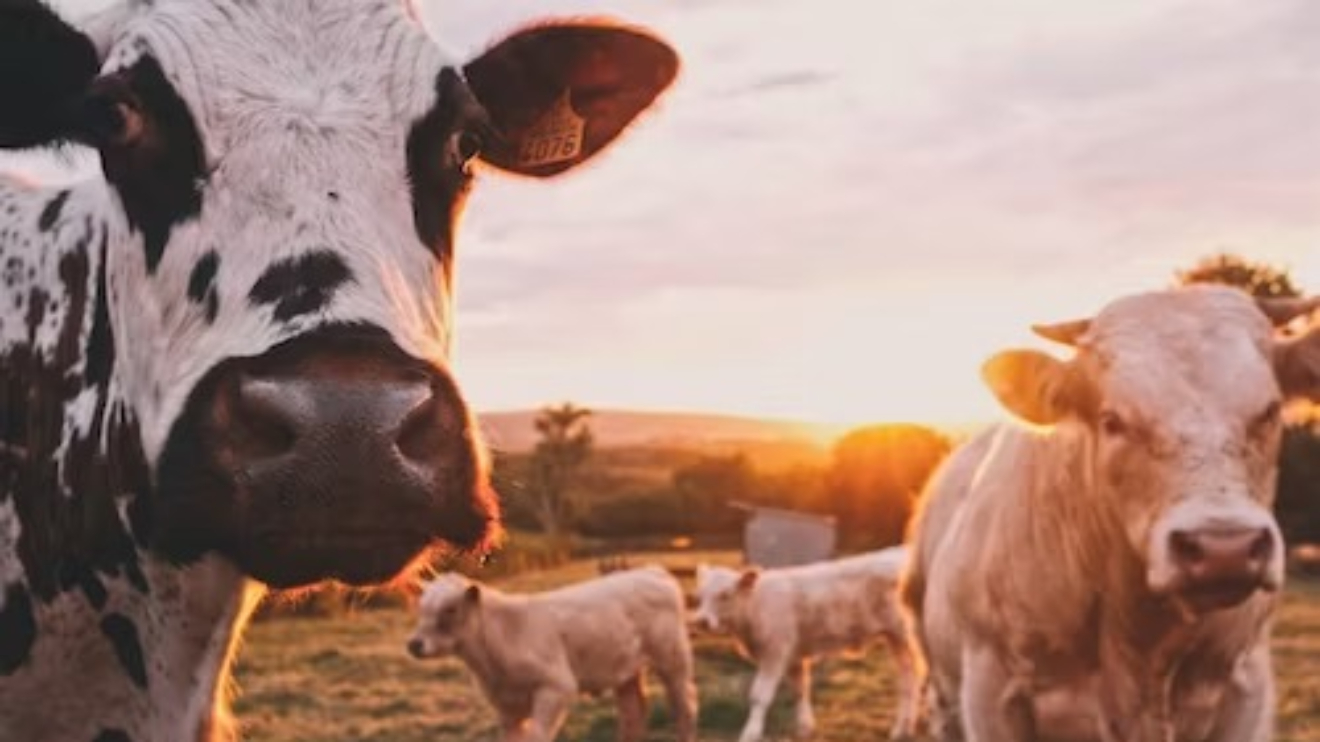
The workshop aims to gather experts from various fields, including Dr. Nick Nwankpa, the Ag Director of AU-IBAR, Dr. Christopher Wanga, the Director of Livestock Policy Research and Regulations, State Department for Livestock, and representatives from the Bill and Melinda Gates Foundation, including Dr. Shannon Mesenhowski, Senior Program Officer of the Livestock Team.
“This evidence base is critical to shaping coordinated action to respond to feed and fodder shortages that have led to huge losses of livestock,” emphasized Dr. Nwankpa, the head of AU-IBAR.
The collaboration between AU-IBAR and the Bill and Melinda Gates Foundation aims to develop evidence-driven short-term solutions that will build resilience and mitigate the adverse effects of crises on African feed and fodder systems.
Such an evidence-based approach is vital to formulating coordinated actions that effectively address the feed and fodder shortages responsible for significant livestock losses.
Farmers in Kenya and the Greater Horn of Africa have been forced to feed their livestock with low-quality fodder in response to the shortages, leading to reduced animal productivity.
The impact of climate change on unpredictable weather patterns has also affected maize cultivation, resulting in crop failures and subsequent declines in feed quality and quantity.
Notably, feed costs constitute a significant portion, 60-70 per cent, of the total expenses in animal production.
This makes finding sustainable solutions to ensure business continuity and livelihoods in the region of paramount importance.
In 2022 alone, the United Nations Office for the Coordination of Humanitarian Efforts reported that Kenya lost more than 1.5 million livestock due to drought, leaving over 4 million people at risk of hunger.
Given the gravity of the situation, it is imperative to join forces and implement innovative measures to combat the feed and fodder crisis in Kenya and the Greater Horn of Africa.
The upcoming AU-IBAR workshop seeks to produce actionable strategies that not only alleviate the immediate impacts but also foster long-term resilience for the region's livestock and communities.

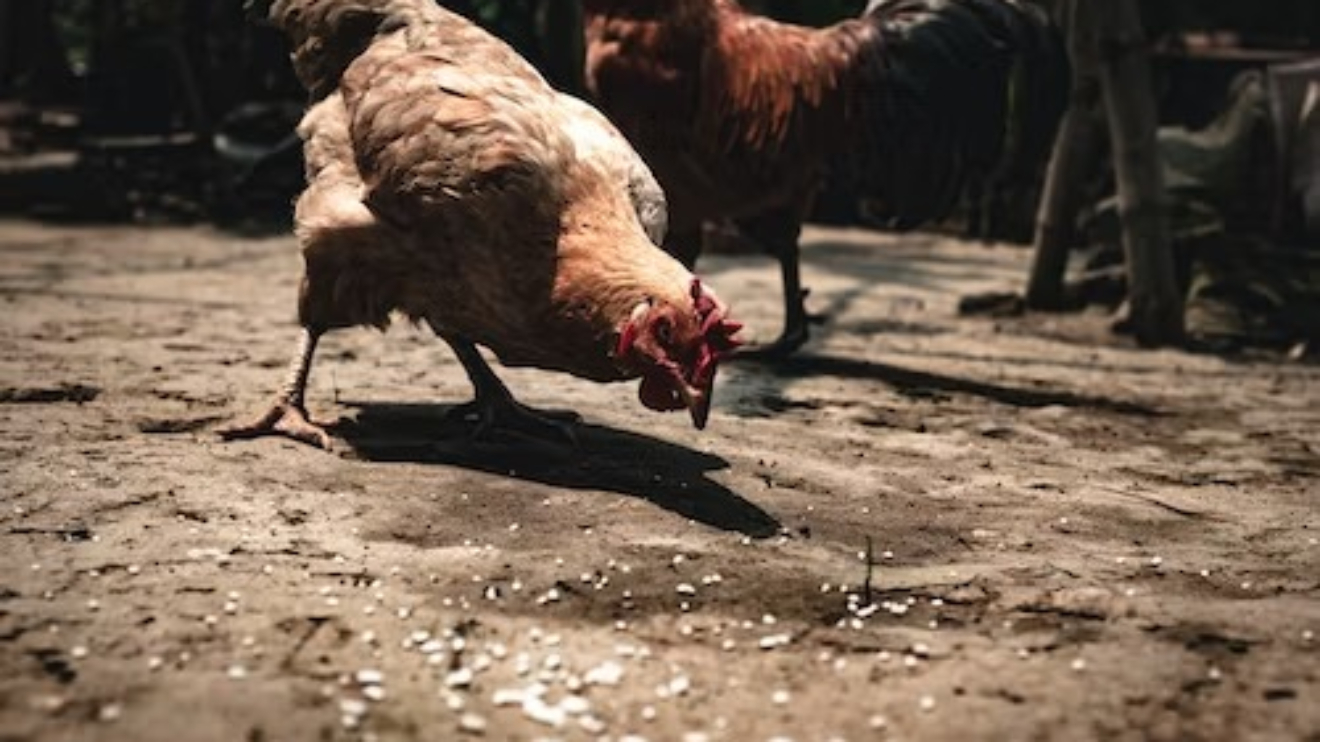


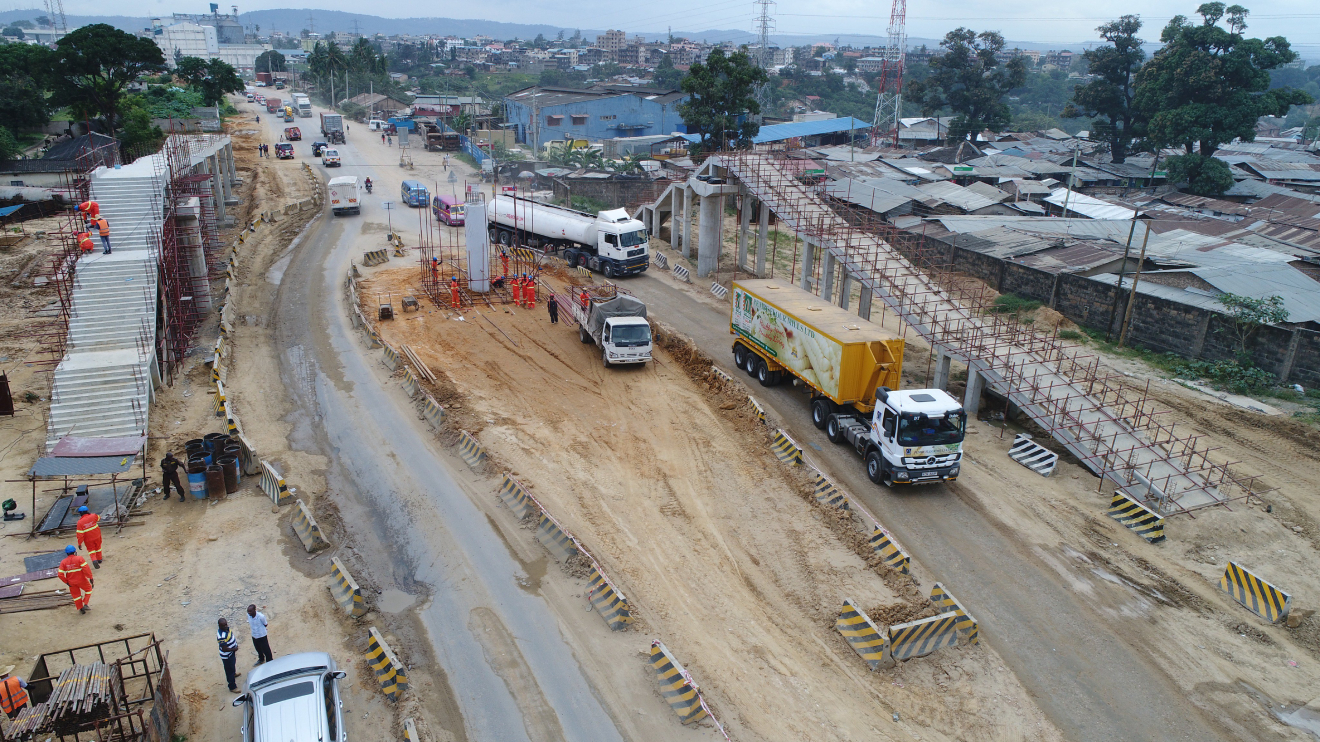
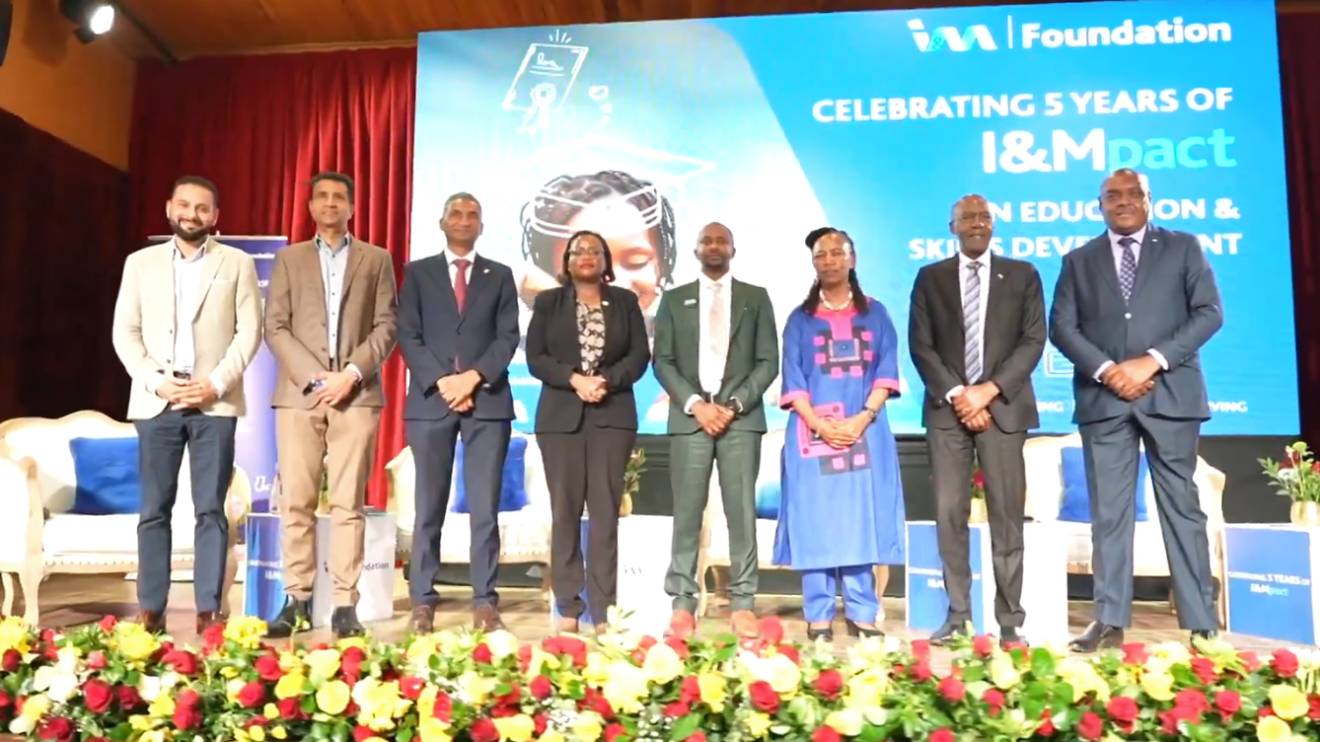


-1757243598.jpg)
-1757244564.jpg)
-1757101509.jpg)
